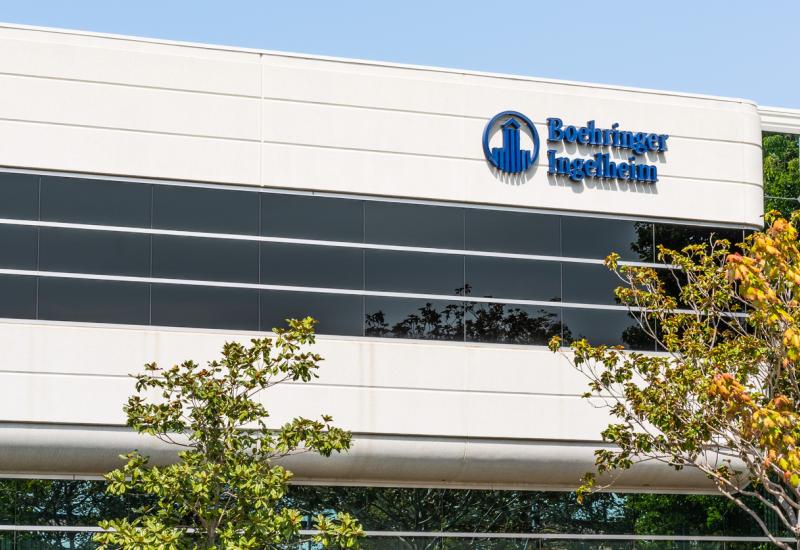
Mirati secures an independent future
Mirati raises $300m as its chief exec departs. What’s not to like?
Mirati raises $300m as its chief exec departs. What’s not to like?

The fact that Mirati, the KRAS specialist that had been set up to be acquired, has failed to get acquired has not kept the group from raising vast amounts of cash. Yesterday’s upsized $300m equity raise will add to the $779m the group had in the bank at the half year, bolstering its future as a standalone biotech.
It is unusual, however, for this offering to have been launched on the back of the departure of the group’s chief executive, David Meek, announced yesterday alongside the equity raise. After presiding over disappointments at Ipsen and Fergene, previous companies Meek had headed up, his Mirati legacy will be tied to the performance of Krazati.
At least Meek did manage to get Krazati, Mirati’s KRAS G12C inhibitor, approved, in the face of the very real threat of Amgen’s rival Lumakras. In the first half of 2023 Krazati sold $20m, Mirati said yesterday, against Lumakras’s $151m; sales of the Amgen drug are already showing signs of flatlining.
Kras interest
Nevertheless, investment in pursuing Kras inhibition in cancers driven by this mutation continues.
While second-line lung cancer is the battleground for the two drugs’ approved uses, at ASCO Amgen reported promising mid-stage data in colorectal cancer with a combination of Lumakras and Vectibix in the Codebreak-101 study. At last year’s ESMO Mirati was already reporting highly compelling colorectal cancer data with Krazati plus Erbitux, but has yet to file this for approval.
Interest in KRAS continues elsewhere too. Just last week China’s Sino Biopharmaceutical licensed Inventisbio’s KRAS G12C inhibitor D-1553, a project in phase 2 for first-line NSCLC and for other solid tumours, including colorectal.
And Revolution Medicines effectively raised over $1bn for its pipeline of KRAS inhibitors and related molecules, by managing to structure an all-stock acquisition of EQRX. Revolution’s pipeline includes projects against KRAS G12C, G12D, Q61H and G13C (G12R, G12V and G13D mutations are being investigated preclinically), as well as molecules hitting SHP2 and Sos1.
Mirati too has moved to highlight the potential of its G12D inhibitor MRTX1133, starting a phase 1 trial in March and promising first data next year. 2024 could also see first data from a combination trial of the company’s own Sos1 inhibitor, MRTX0902.
KRAS inhibitors in development
| KRAS mutation | Projects | Clinical trials |
|---|---|---|
| G12C | 43 | 137 |
| G12D | 29 | 11 |
| G12V | 15 | 1 |
| G13D | 2 | 0 |
| G12R | 1 | 0 |
| G13C | 1 | 0 |
| Q61H | 1 | 0 |
Source: OncologyPipeline.
Mirati yesterday outlined plans for a first-line NSCLC Krazati trial, saying this would start enrolling by the end of 2023 – a year in which the company plans to burn through an amazing $560-580m of cash.
Surprisingly, the first-line trial, combining Krazati with Merck & Co’s Keytruda, will enrol patients expressing PD-L1 at 50% or above. This, Mirati said, was based on the observation from the ongoing Krystal-7 trial that median PFS in ≥50% PD-L1 expressing patients given this combo was tracking “well above” that of the first-line standard of care.
It is unclear whether such decisions were driven by Meek, or whether they are more closely linked to his departure. His two-year stint at Mirati came after he presided first over Ipsen’s disastrous $1bn takeover of Clementia, and then over a complete response letter for Fergene’s Adstiladrin.
Back in 2021 some investors saw Meek as the chief executive brought in to sell Mirati, and the unavoidable fact is that today the group is still independent.
662













